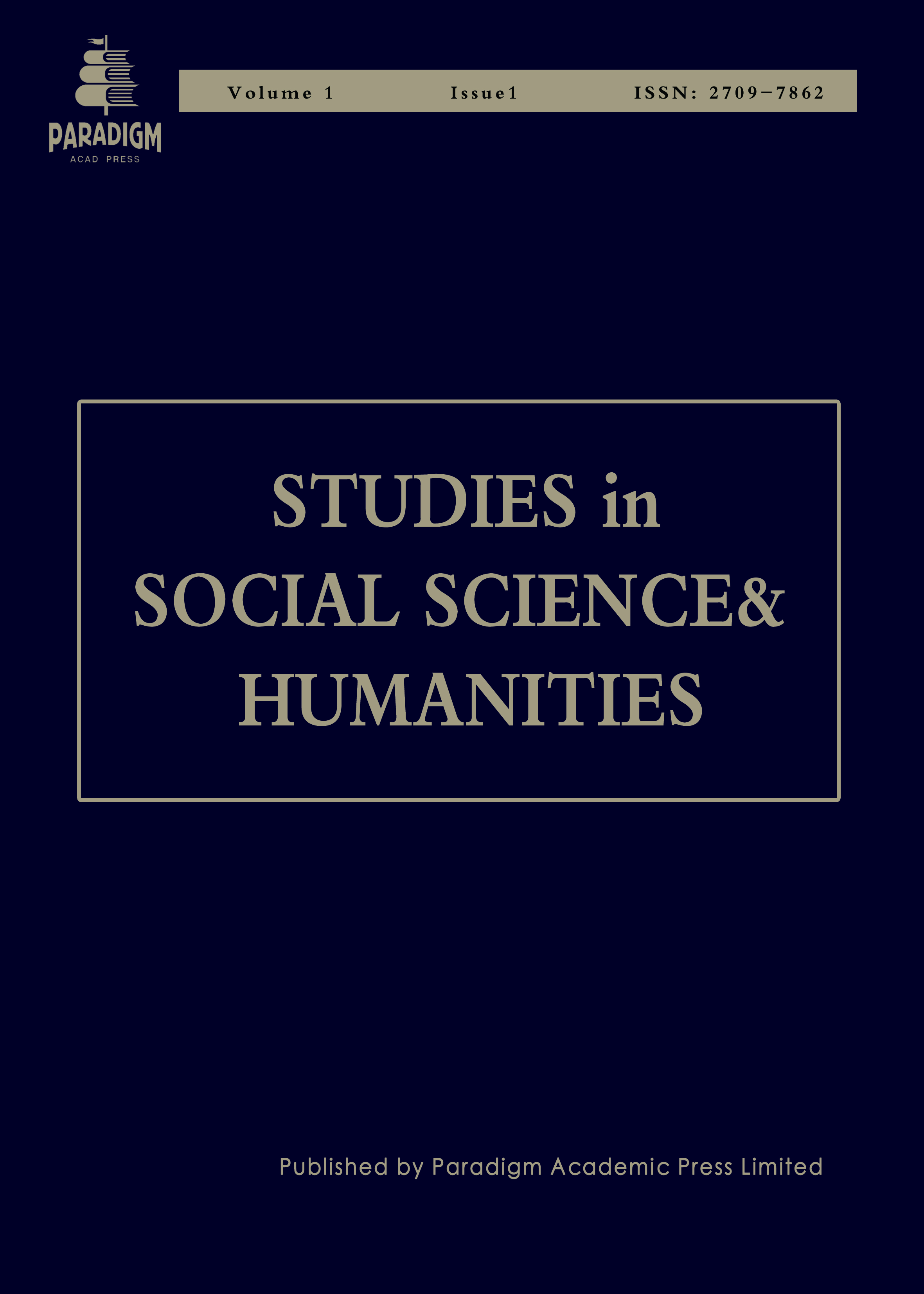The Nepotism and Favouritism in Politics of South Asia
Keywords:
corruption, democracy, favouritism, interest, nepotism, political partiesAbstract
This article explores the concept of nepotism, a political technique with limited conceptual clarity. It highlights its significant impact on society, affecting individual effectiveness and performance. The growing prevalence of nepotism in politics substantially threatens social and economic development. Historically, history, political analysis, sociology, and psychology have been prominent areas of study on sociocultural processes. The paper focuses on these organisational patterns’ underlying factors, consequences, and potential remedies. The article argues that prevailing social and economic conditions contribute to the proliferation of favouritism and the rapid growth of nepotism. Formal institutions often lack trust and interpersonal credibility, leading to corruption in governmental systems. Moreover, nepotism can improve the welfare of informal institutions. The article supports the notion that nepotism often leads to the placement of relatives in higher positions, diminishing the overall effectiveness of the public.


